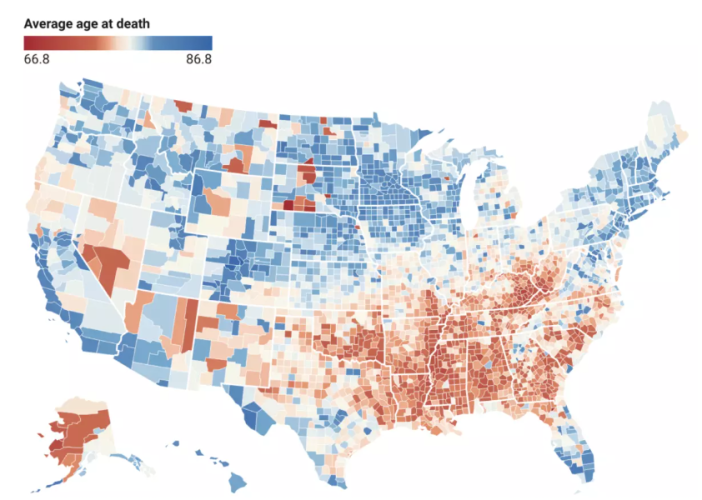Irrelevant
Well-known member
Fact:https://www.npr.org/sections/health...blue-zones-health-centenarians-healthy-habits (plus many MANY others)
Fiction: https://mindmatters.ai/2023/10/blue-zone-bs-the-longevity-cluster-myth/
The real issue is not that they exist but why they exist. A lot of "research" into blue zones concludes it's because of some health habits those areas have. The issue the second author brings up is that none of that is actually science, but just observations and logical assumptions. Does eating beans and mostly vegetables actually lead to a longer life? Maybe, but there's no control group in these populations. Yes we have other data to suggest that genetics alone play a limited role in our longevity, but that's still different than "this one thing" will make you live longer, which is what a lot of the literature on blue zones speaks to.
I also wonder how the lack of animal protein in their diets affects other aspects besides simply longevity. Are they long living idiots?
I don't know, but I heard it on the way to work and haven't been able to stop thinking about it.
Fiction: https://mindmatters.ai/2023/10/blue-zone-bs-the-longevity-cluster-myth/
The real issue is not that they exist but why they exist. A lot of "research" into blue zones concludes it's because of some health habits those areas have. The issue the second author brings up is that none of that is actually science, but just observations and logical assumptions. Does eating beans and mostly vegetables actually lead to a longer life? Maybe, but there's no control group in these populations. Yes we have other data to suggest that genetics alone play a limited role in our longevity, but that's still different than "this one thing" will make you live longer, which is what a lot of the literature on blue zones speaks to.
I also wonder how the lack of animal protein in their diets affects other aspects besides simply longevity. Are they long living idiots?
I don't know, but I heard it on the way to work and haven't been able to stop thinking about it.





